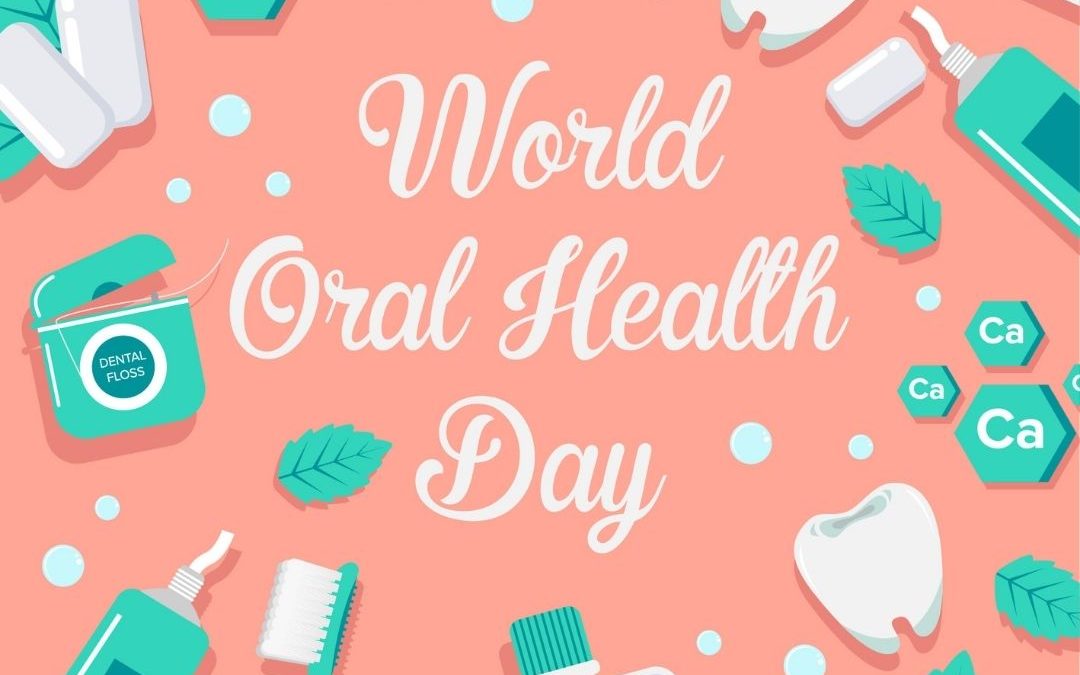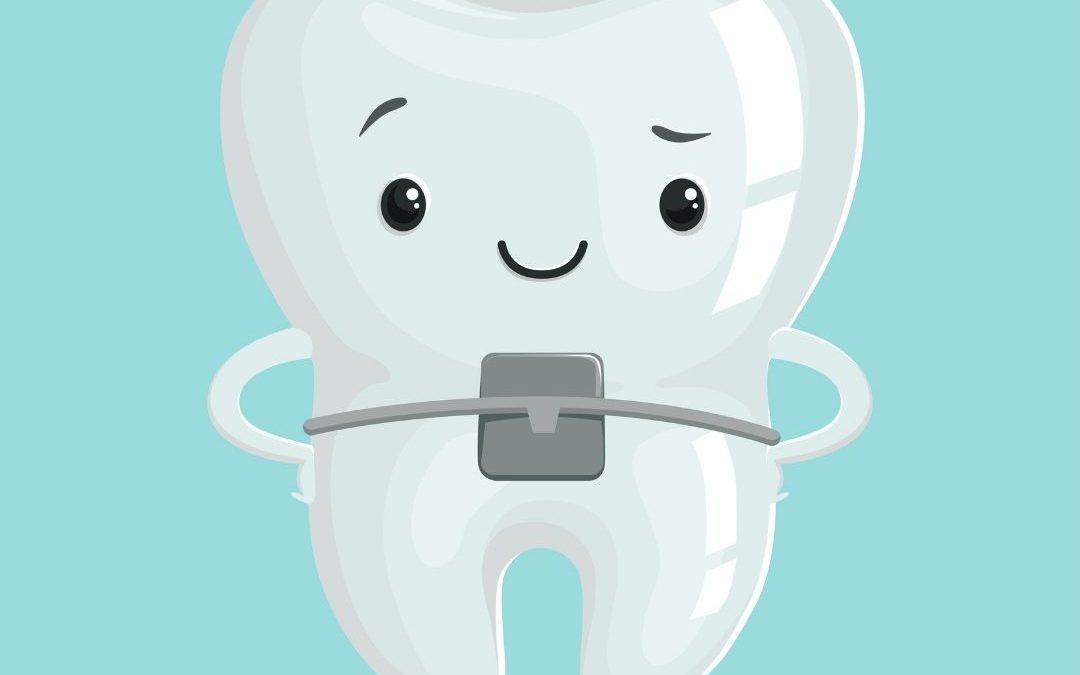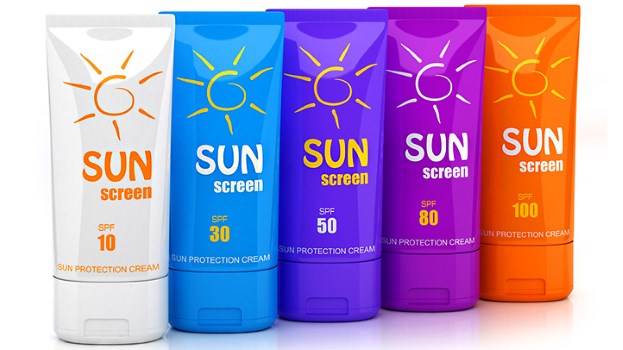Dr. Neil Alan Fenske, Director of Dermatology at USF Health, recommends physical sunscreens for children over chemical sunscreens. The main ingredients in physical sun blocks are Zinc or Titanium Oxide. He said children’s skin is still developing, and it’s best to not have chemicals absorb into their skin. He said children six months or younger should not be exposed to the sun at all.
Dr. Fenske said with physical and chemical sunscreens, you need to look for broad spectrum and use at least SPF 30. If you are using physical sunscreen and are spending time in the water, you may want to increase your SPF to 40 or 50.
Dr. Fenske said he recommends cream over spray sunscreens. He said spray coverage can be inconsistent. It is also flammable and you are at risk of inhaling it.
You want to avoid natural sunscreens.
“There aren’t, in my opinion, good, effective, botanicals as sunscreens to use on the skin… And we’ve had patients who have used them and gotten burns because it just wasn’t effective. So, it sounds good, but at the end of the day, it’s what works,” Dr. Fenske said.
Some good rules to follow: Put sunscreen on 15 minutes before you go outside, make sure you use at least an ounce, and re-apply every two hours.

World Oral Health Day 2021 is March 20!
World Oral Health Day 2021 is March 20!

What Sweet Treats to Eat & Not Eat this Halloween
What Sweet Treats to Eat & Not Eat this Halloween It's officially the month of October which means Halloween is just around the corner! However, if you or your kids wear braces, then it might not be the best time for you because of all the candy stores are selling...

Orthodontic Health Month – Importance of Orthodontic Treatment
Orthodontic Health Month - Importance of Orthodontic Treatment The month of October is known as Orthodontic Health Month and that’s why it’s important to discuss why orthodontic care is an important part of oral health as well as your overall health. Check out...

